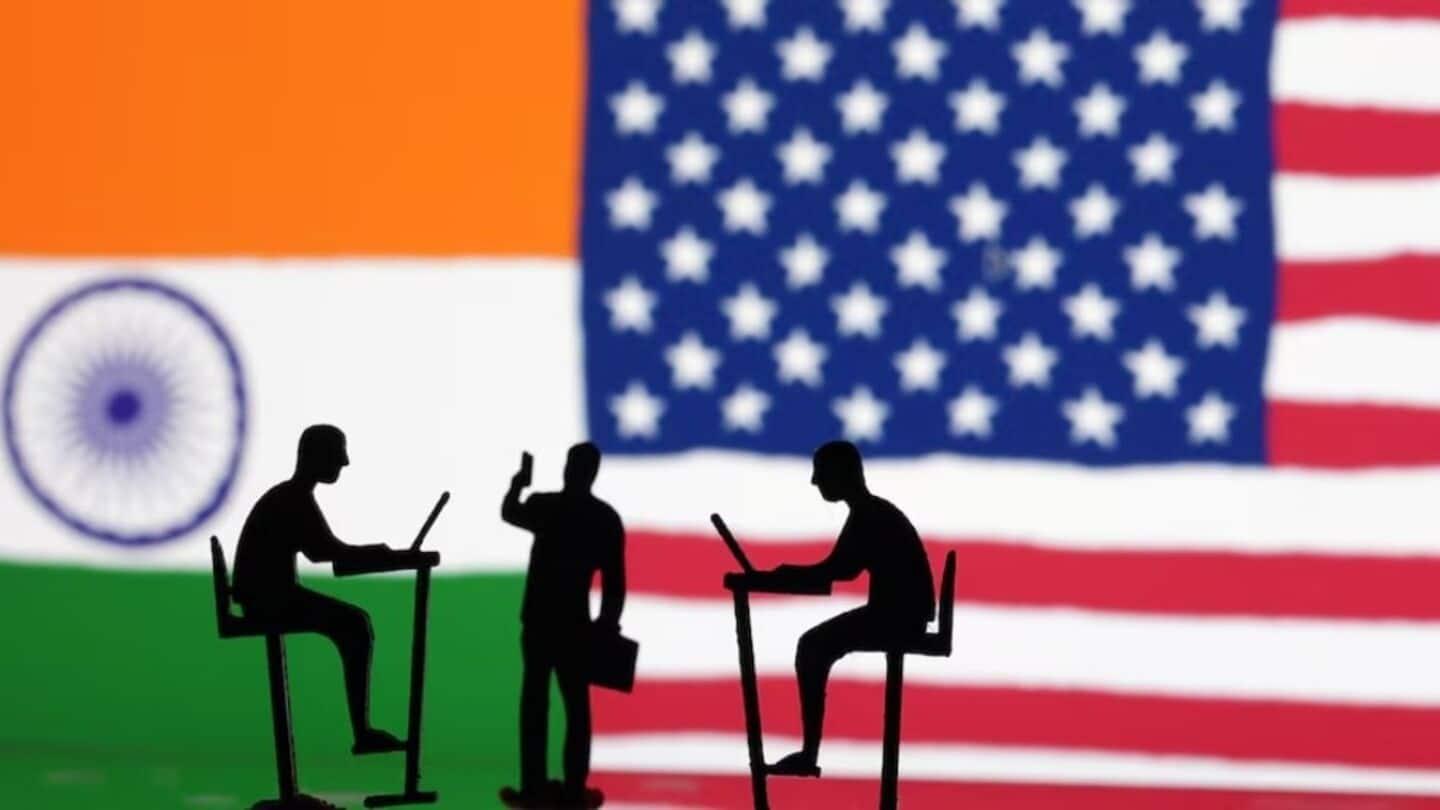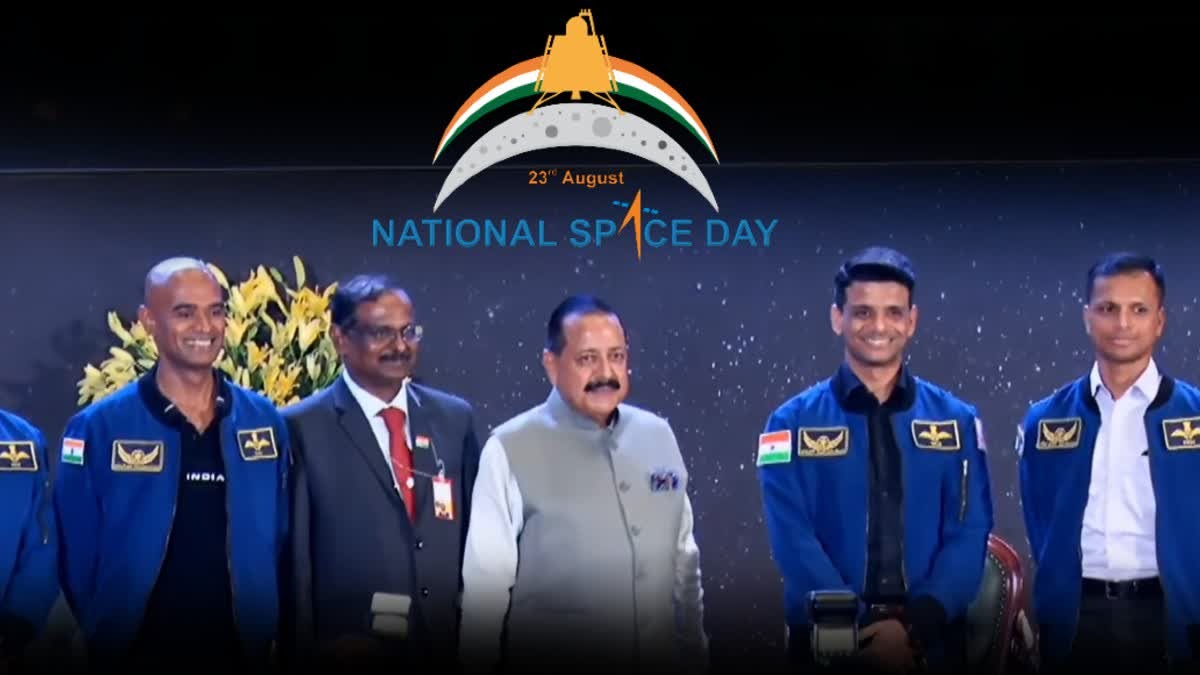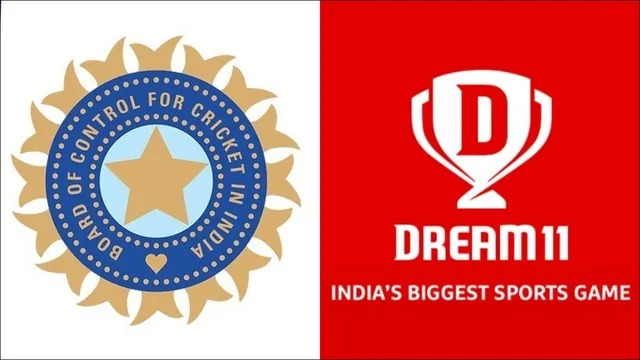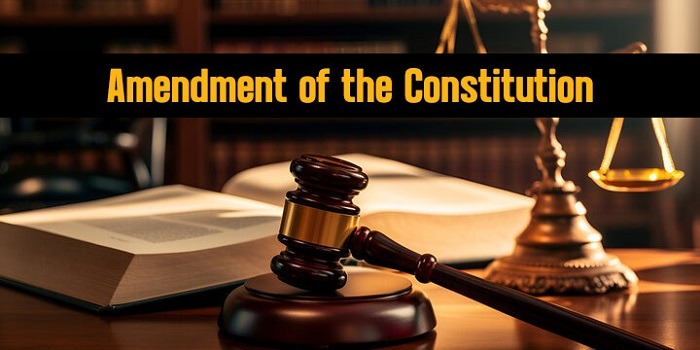 Image Source: NewsByte
Image Source: NewsByte
India has taken a strategic step to strengthen its diplomatic efforts in Washington by hiring Mercury Public Affairs, a prominent US lobbying firm, amid escalating trade disputes with the Trump administration. The decision reflects India's intent to engage directly with key US policymakers and manage growing tariff pressures that threaten the country's exports.
Key Highlights: Strategic Hiring Amid Tariff Pressure
The Indian Embassy in Washington, DC, signed a contract with Mercury Public Affairs in mid-August 2025 for a three-month engagement, paying $75,000 monthly totaling $225,000.
Mercury Public Affairs, led by former Senator David Vitter, is tasked with federal government relations support and strategic advisory services to help India navigate the complex US political landscape.
Notably, Susie Wiles, US President Donald Trump’s Chief of Staff, was previously head of Mercury’s Washington DC and Florida offices until joining Trump’s 2024 campaign, underscoring the firm’s influential connections.
India already maintains substantial lobbying engagements in the US, including a $1.8 million annual contract with SHW Partners LLC, led by former Trump adviser Jason Miller, and a $50,000 monthly contract with BGR Partners.
Trade Tensions and Tariff Escalations
The Trump administration has imposed a 25% tariff on Indian imports citing continued purchases of Russian oil, effective August 27, 2025, along with existing reciprocal tariffs, pushing India into the highest tariff bracket alongside Brazil.
White House trade adviser Peter Navarro expressed skepticism over India’s willingness to change its energy purchases, signaling that the additional tariff is expected to proceed as planned.
Secondary sanctions have also been signaled by the administration, increasing pressure on India’s trade relations and diplomatic engagements.
Comparative Lobbying and Regional Dynamics
In contrast, Pakistan has aggressively ramped up its lobbying efforts in Washington, spending an estimated $600,000 monthly through multiple firms, resulting in notable diplomatic gains including a rare White House meeting for its Army Chief and a lower tariff rate of 19%.
India’s more targeted approach is focused on leveraging seasoned political operatives and established US firms to maintain influence amid growing US geopolitical and trade assertiveness.
This evolution in lobbying highlights the high stakes India faces in balancing trade interests, energy needs, and strategic diplomacy with the US.
Implications for India-US Relations
Hiring Mercury signals India’s intent to proactively engage in the US political ecosystem, aiming for better understanding and alignment as the two democracies navigate trade, security, and global challenges.
It emphasizes the increasingly transactional and competitive nature of India’s international relations, where economic interests are defended through aggressive diplomatic and lobbying strategies.
The cooperation with lobbying firms familiar with the Trump administration’s corridors of power aims to mitigate damage from tariffs and foster avenues for negotiation on energy and trade policies.
Conclusion
India’s engagement with Mercury Public Affairs amidst intensifying trade disputes signals a shift toward a more assertive lobby-driven diplomacy in Washington. As tariff pressures mount and global geopolitical competition intensifies, India is utilizing every possible avenue, including ties with influential US lobbying firms, to safeguard its economic interests and maintain a constructive relationship with the Trump administration.
Sources: India Today, Hindustan Times, Reuters, Business Today, Politico
Advertisement
STORIES YOU MAY LIKE
 Image Source: ETV Bharat
Image Source: ETV Bharat
 Image Source: CNBC TV18
Image Source: CNBC TV18
Advertisement





